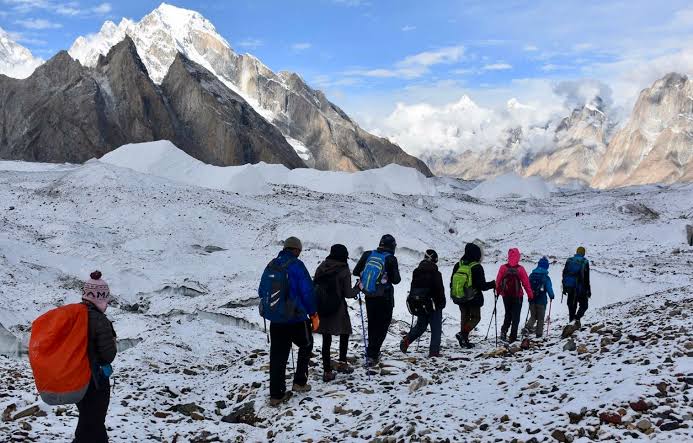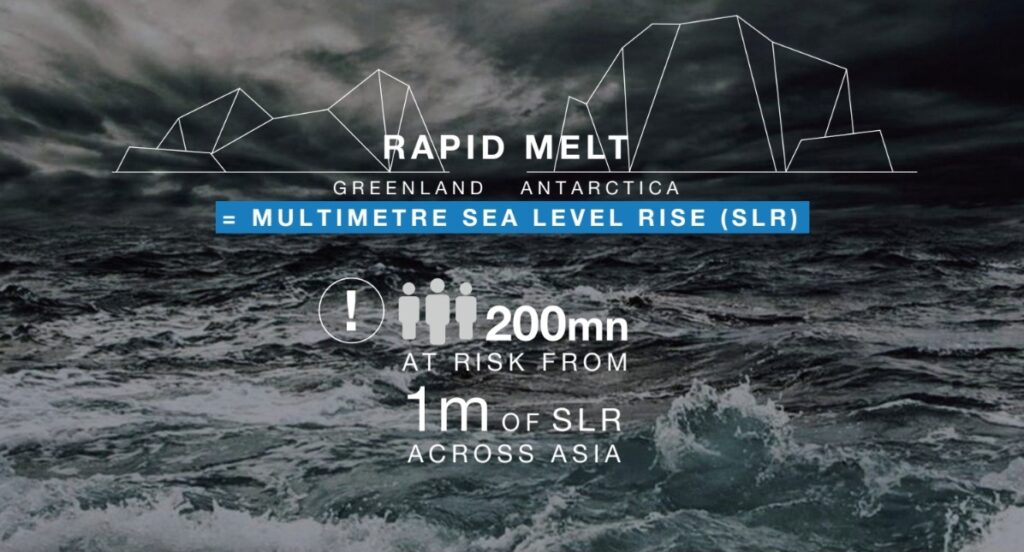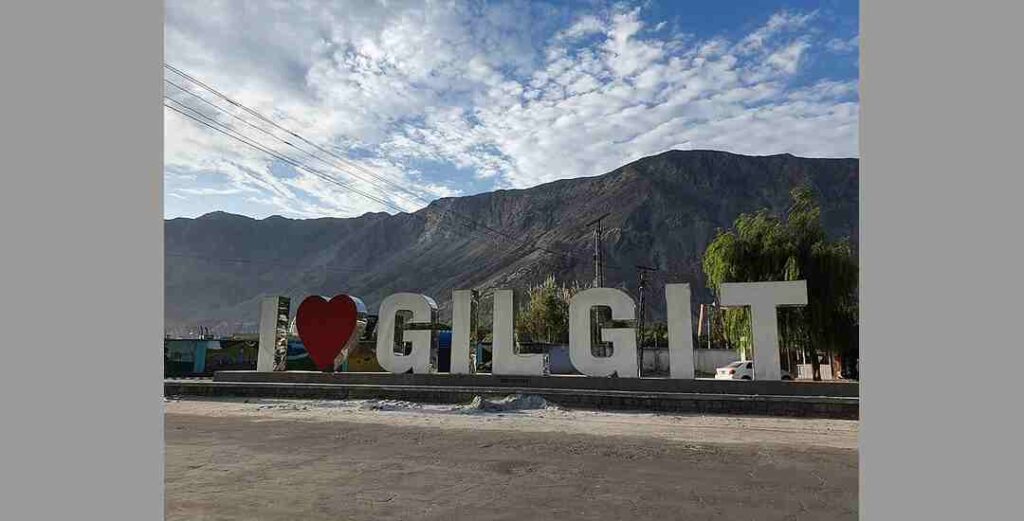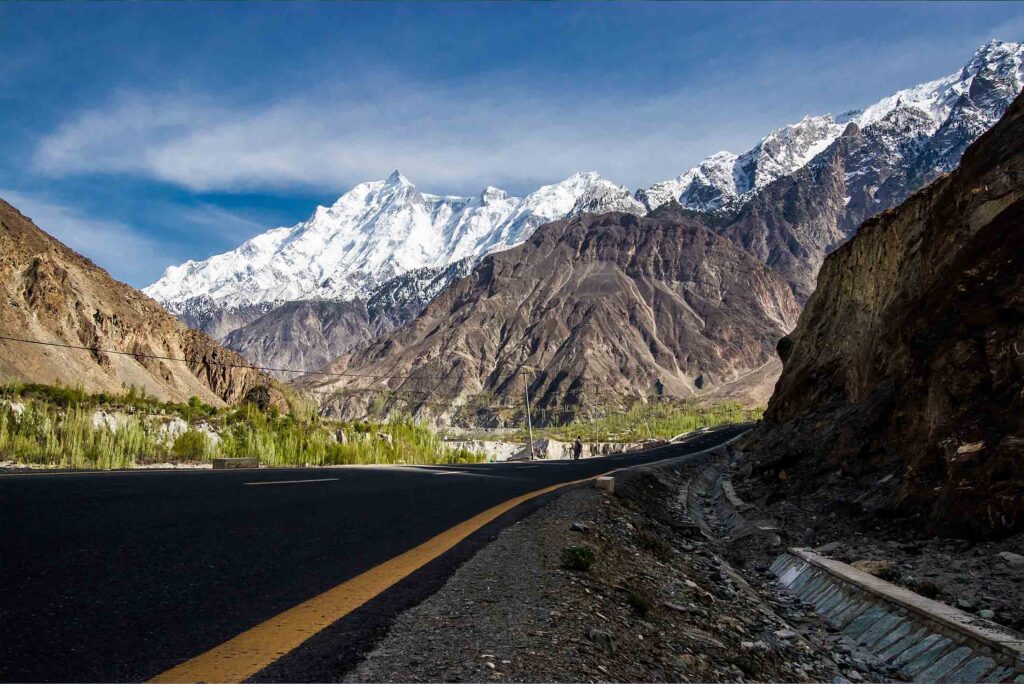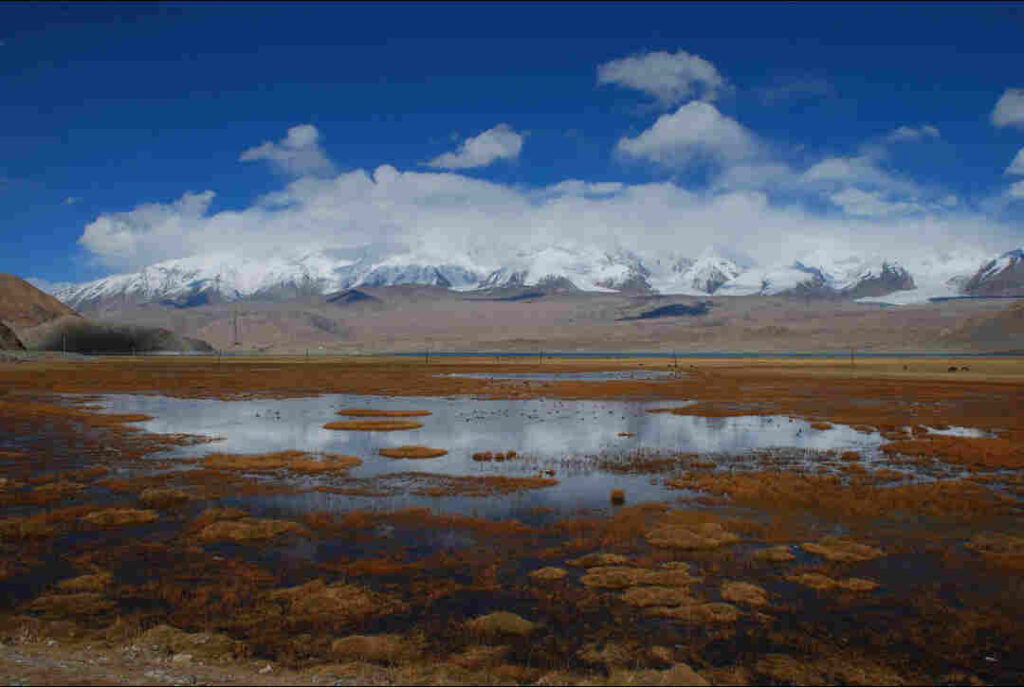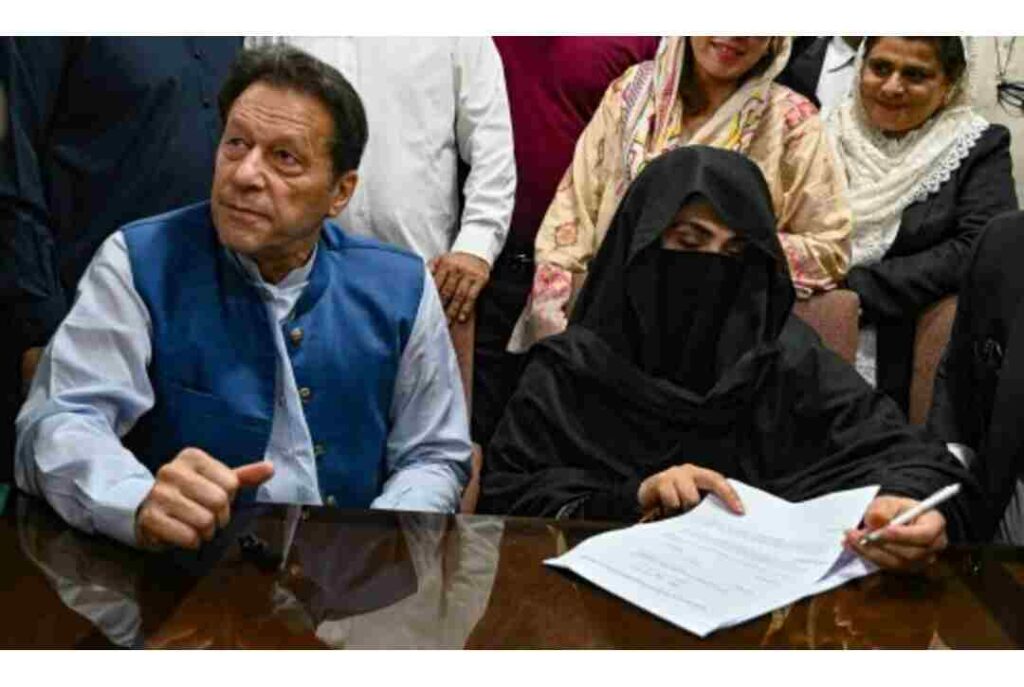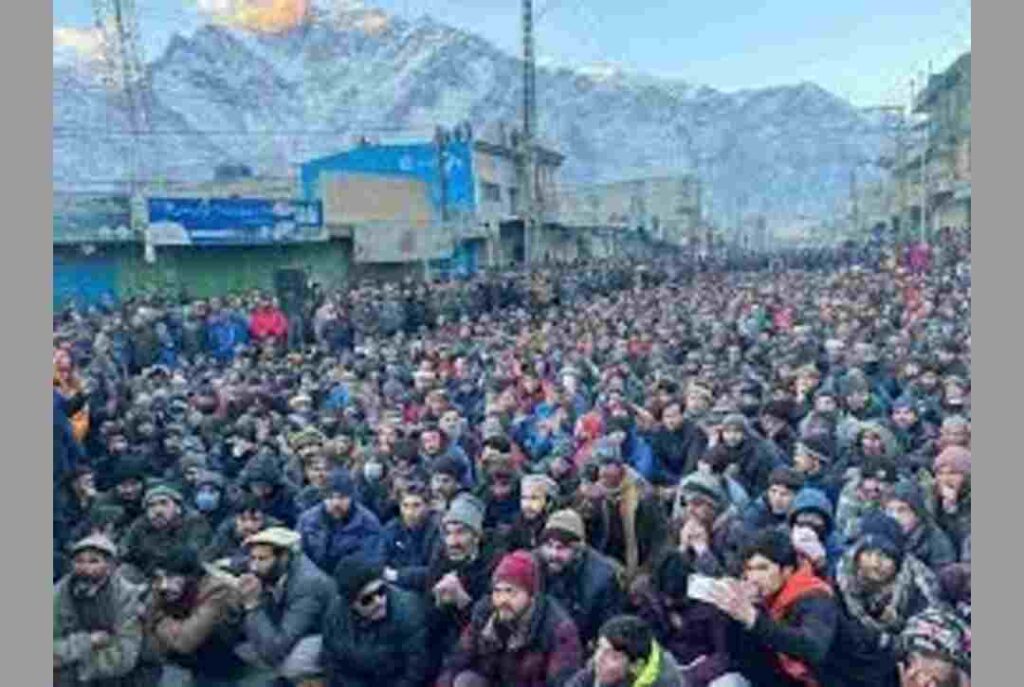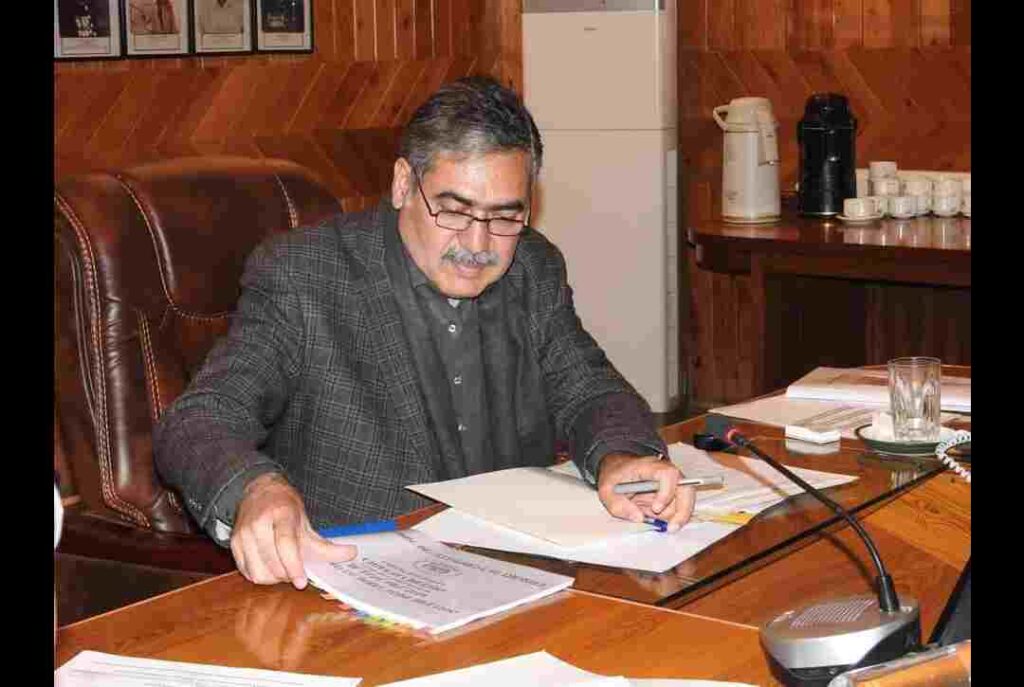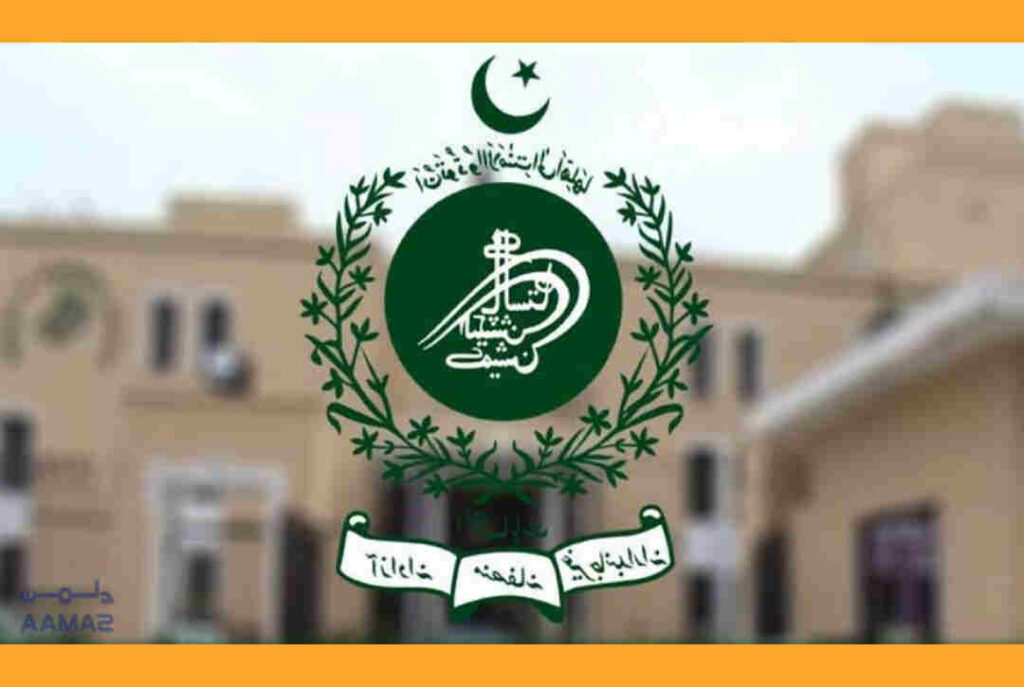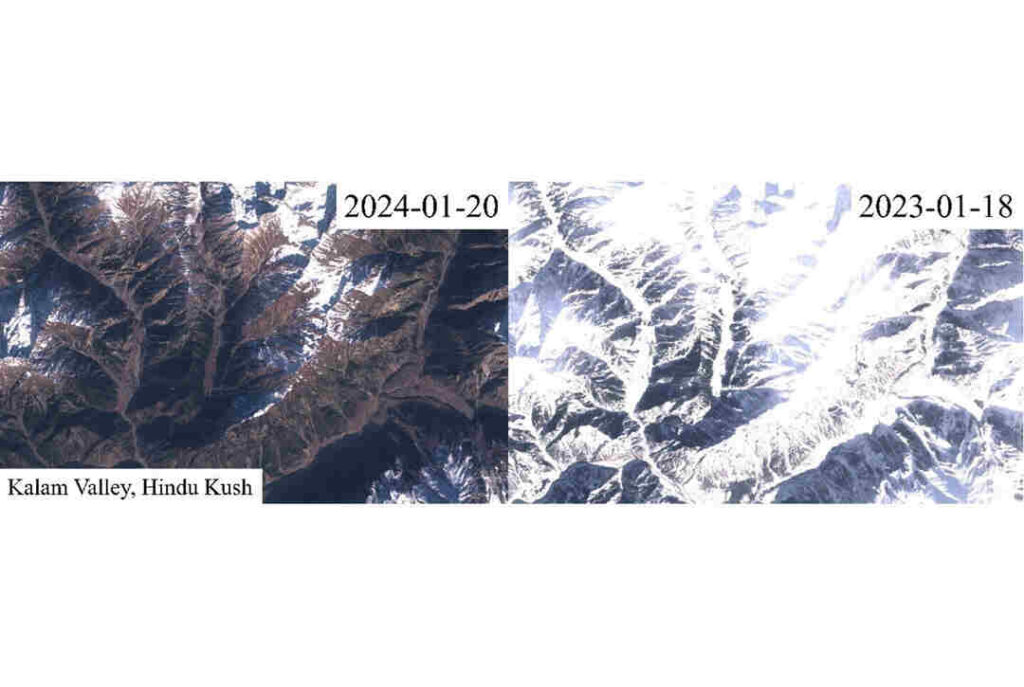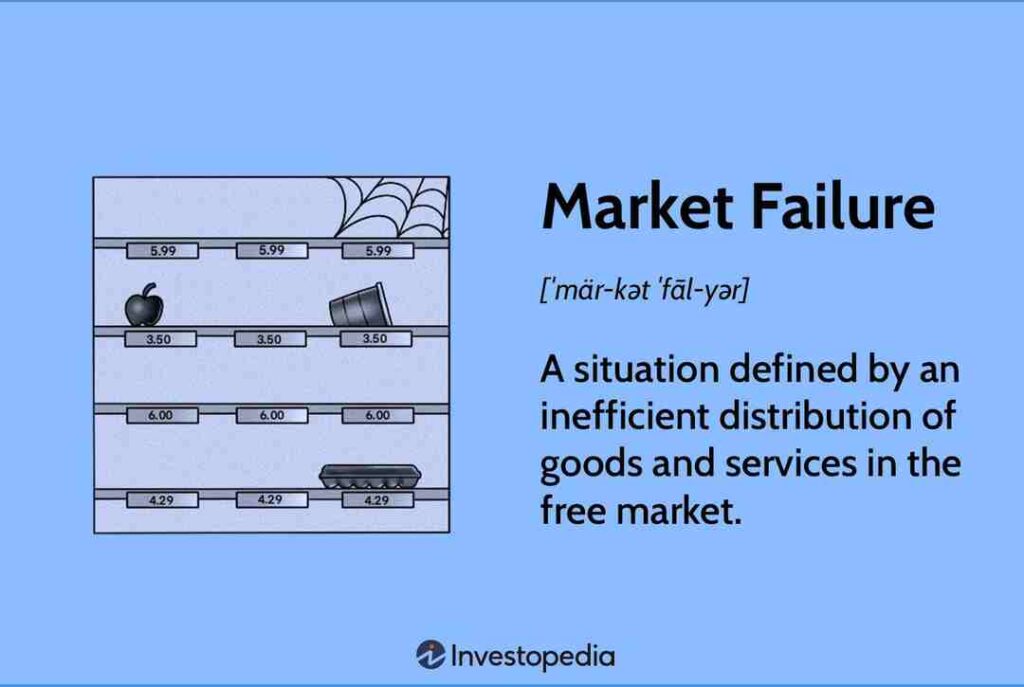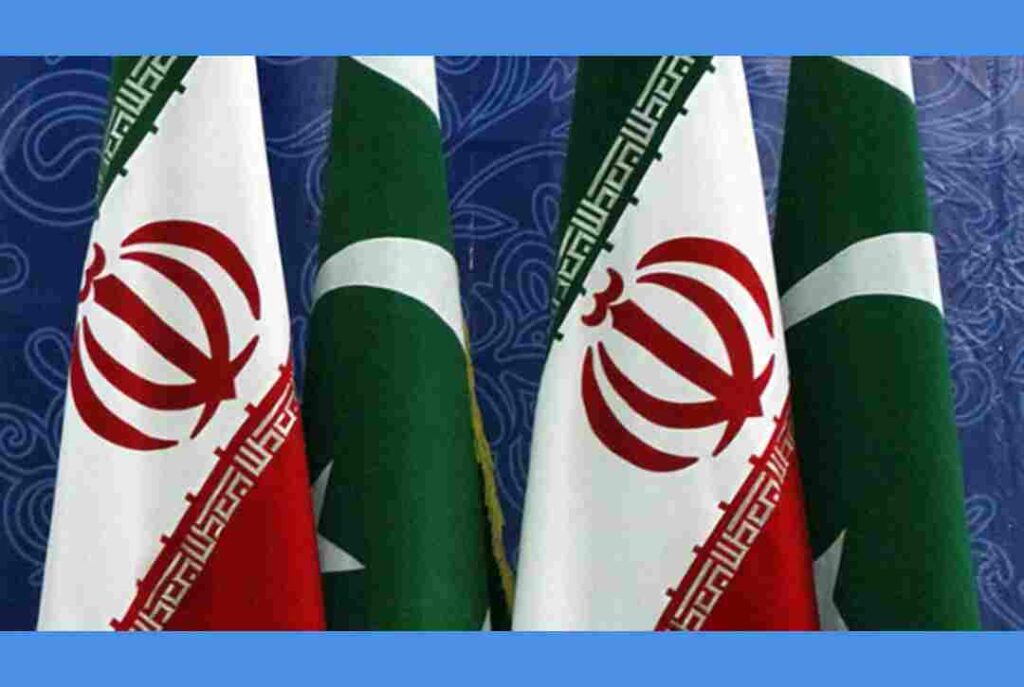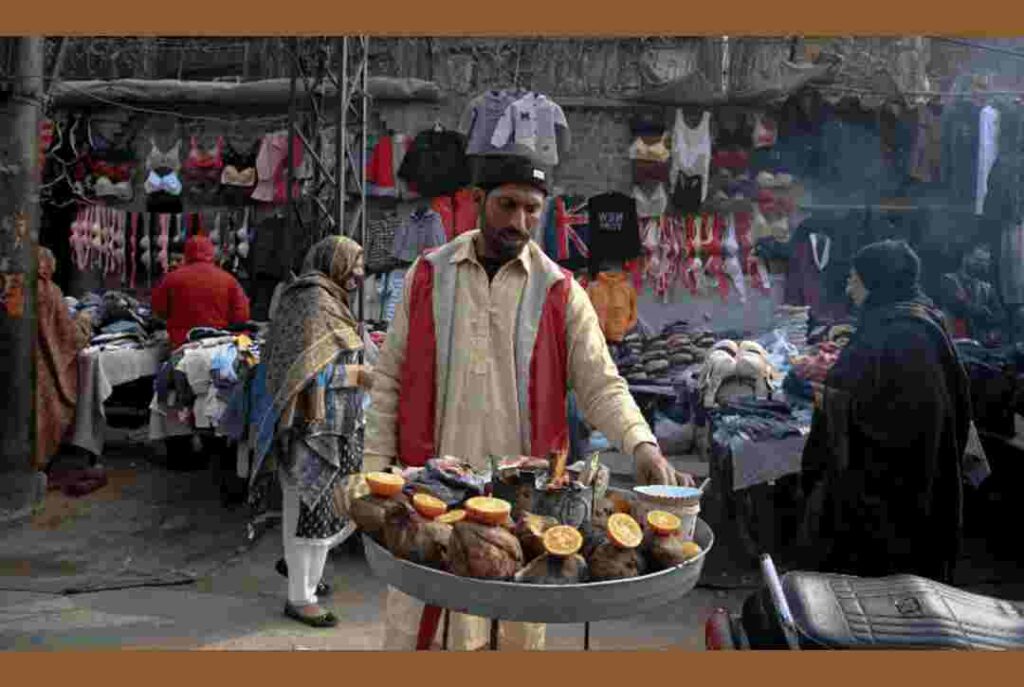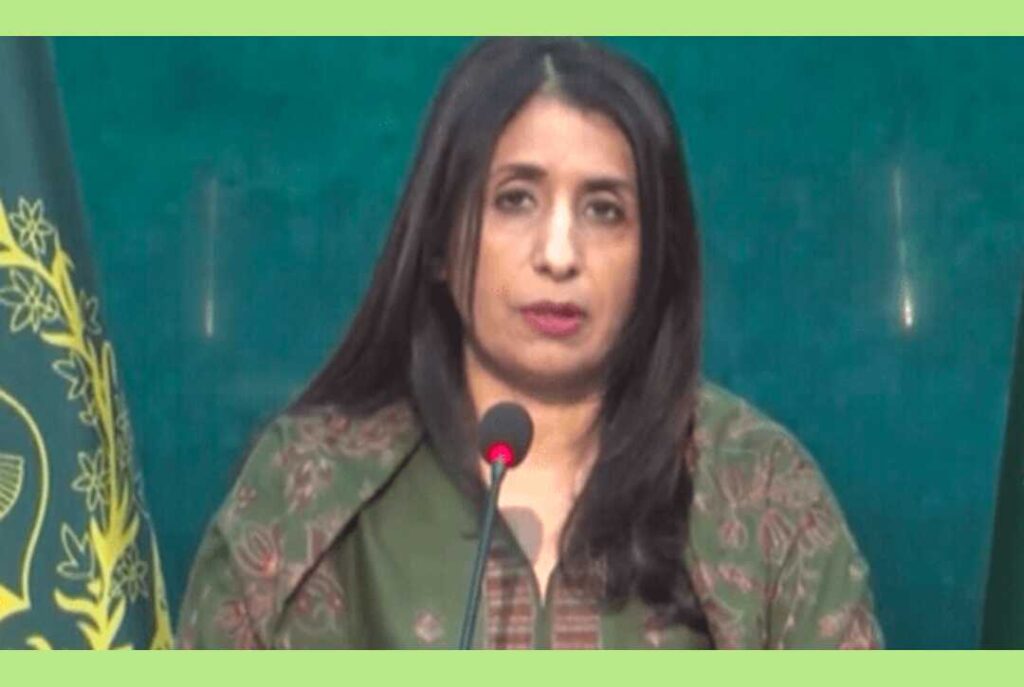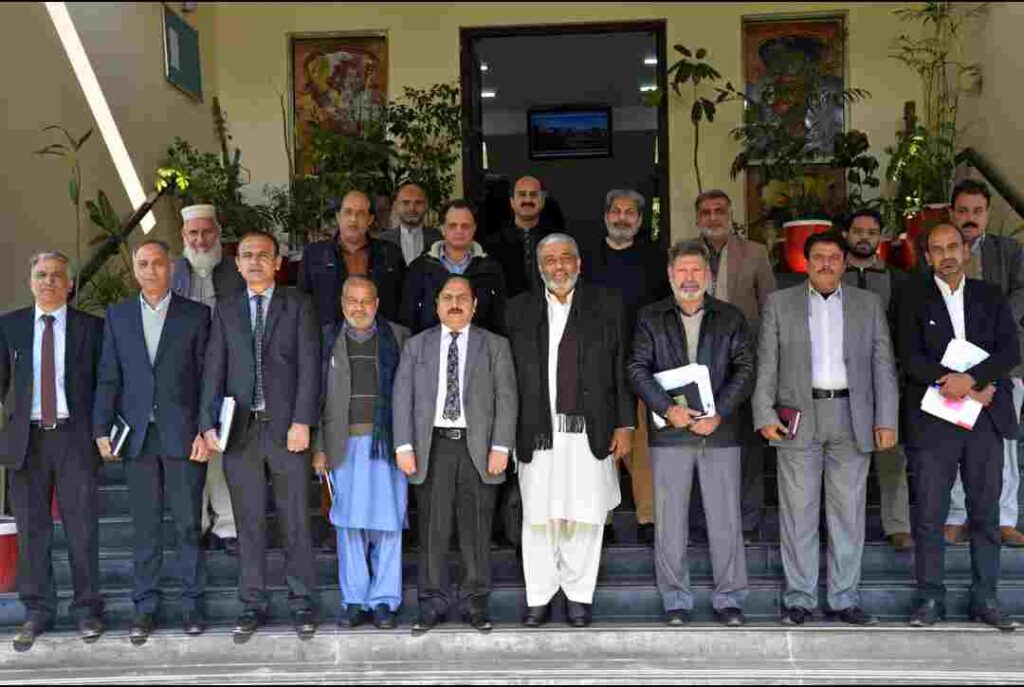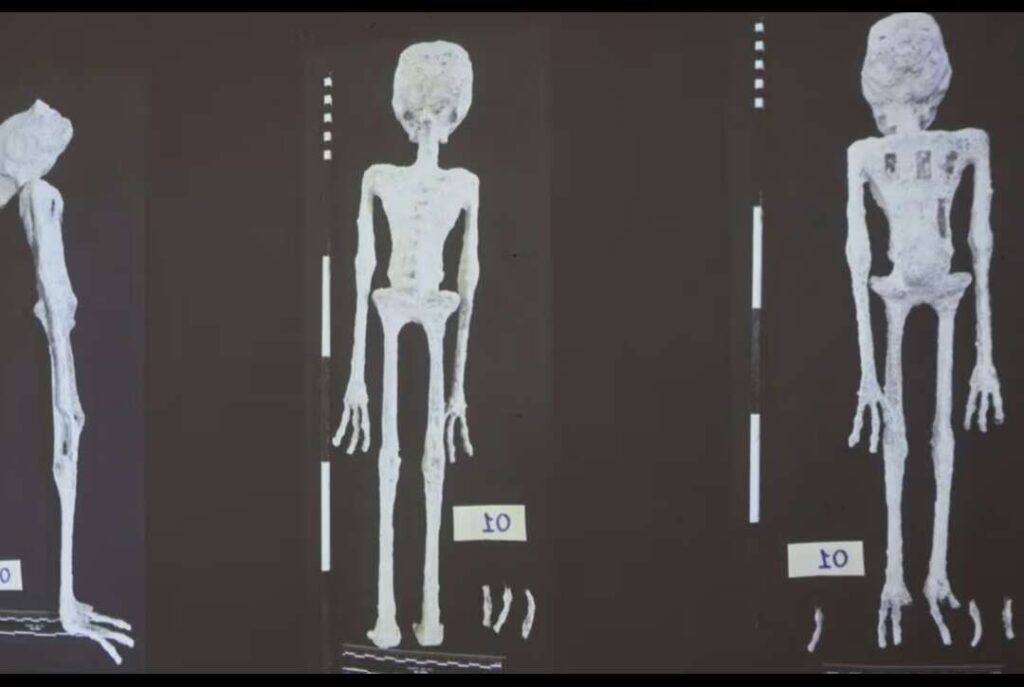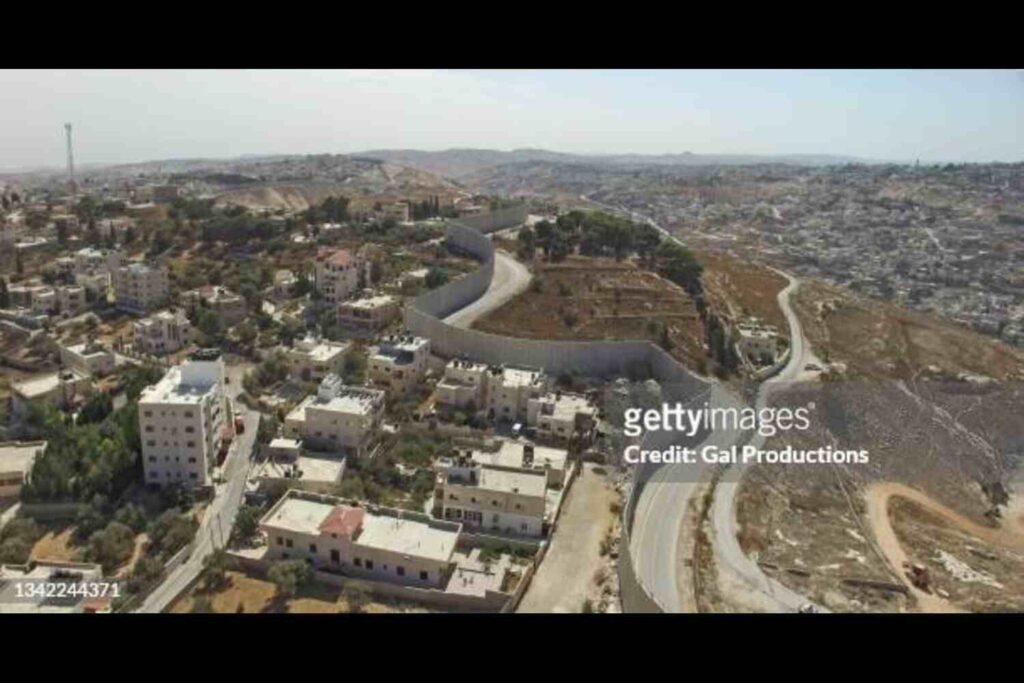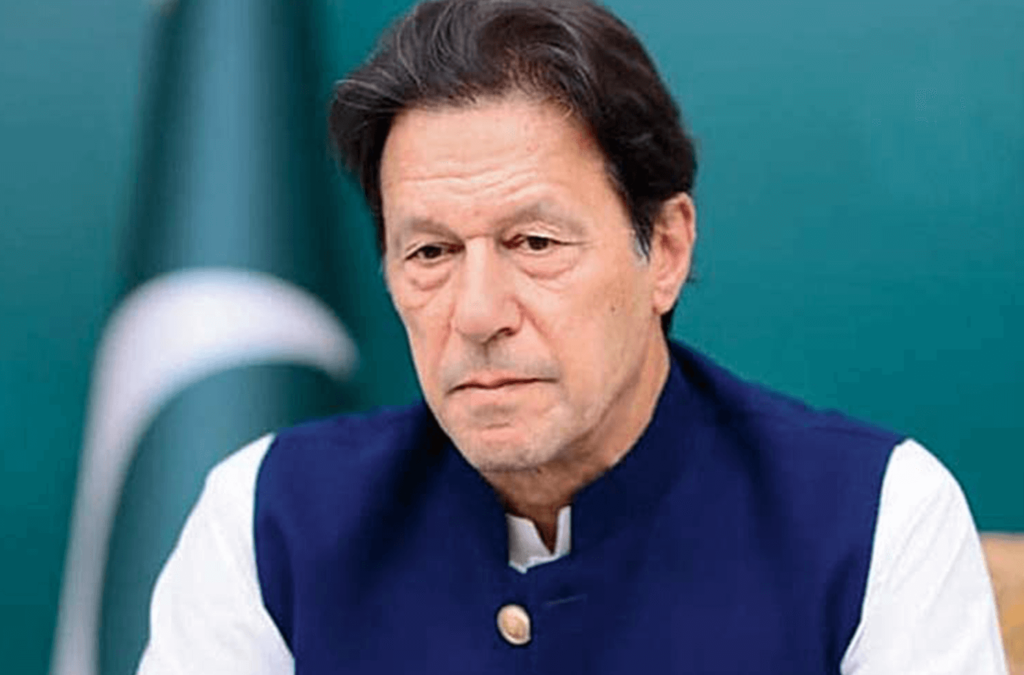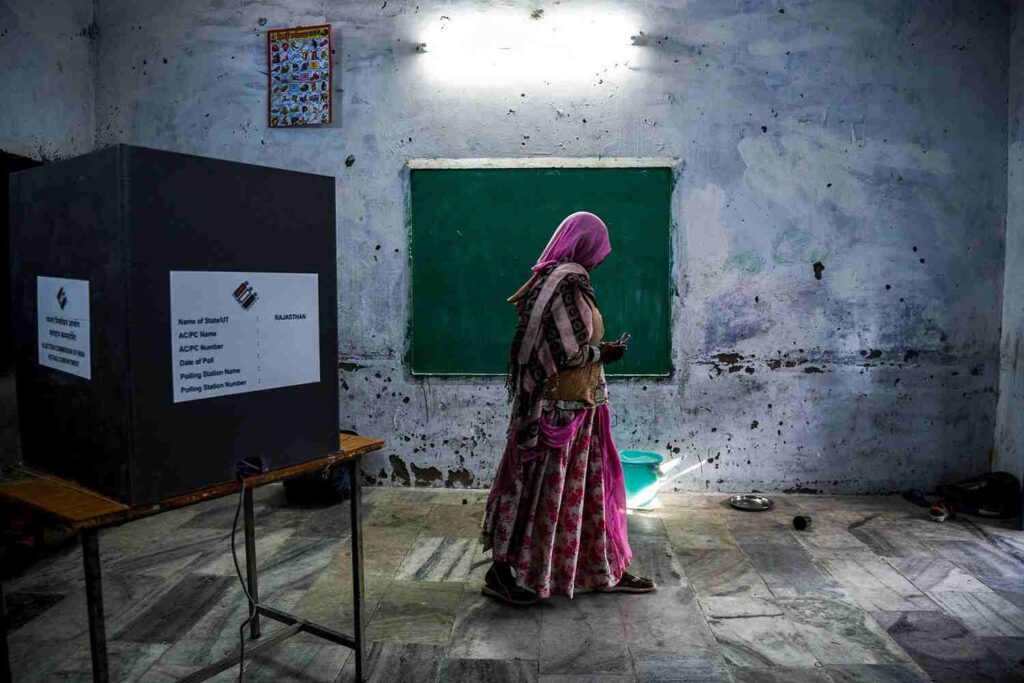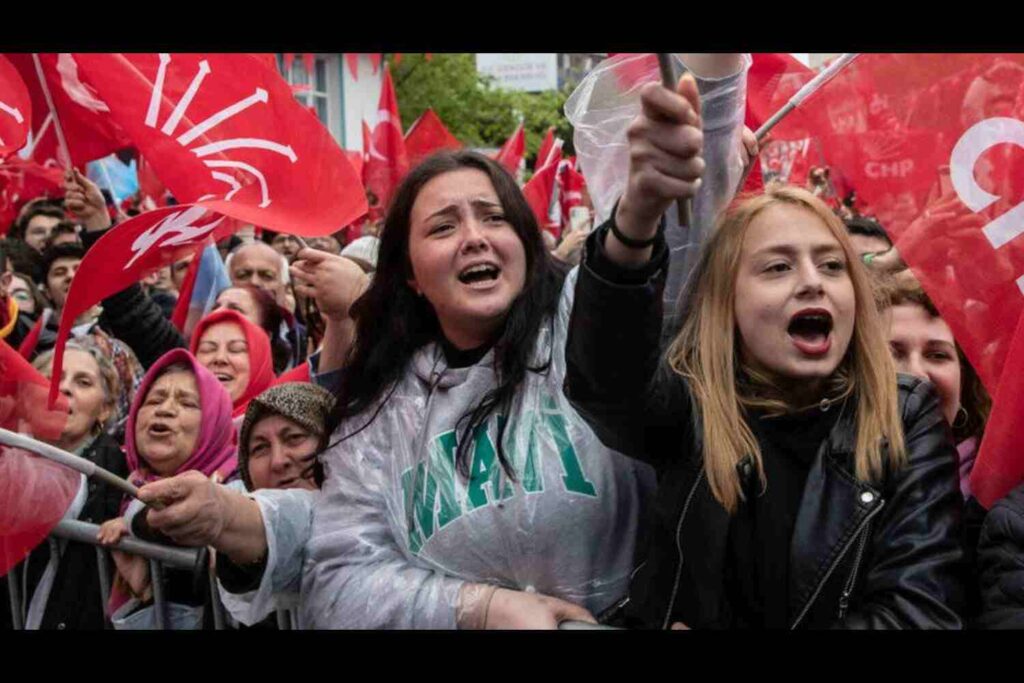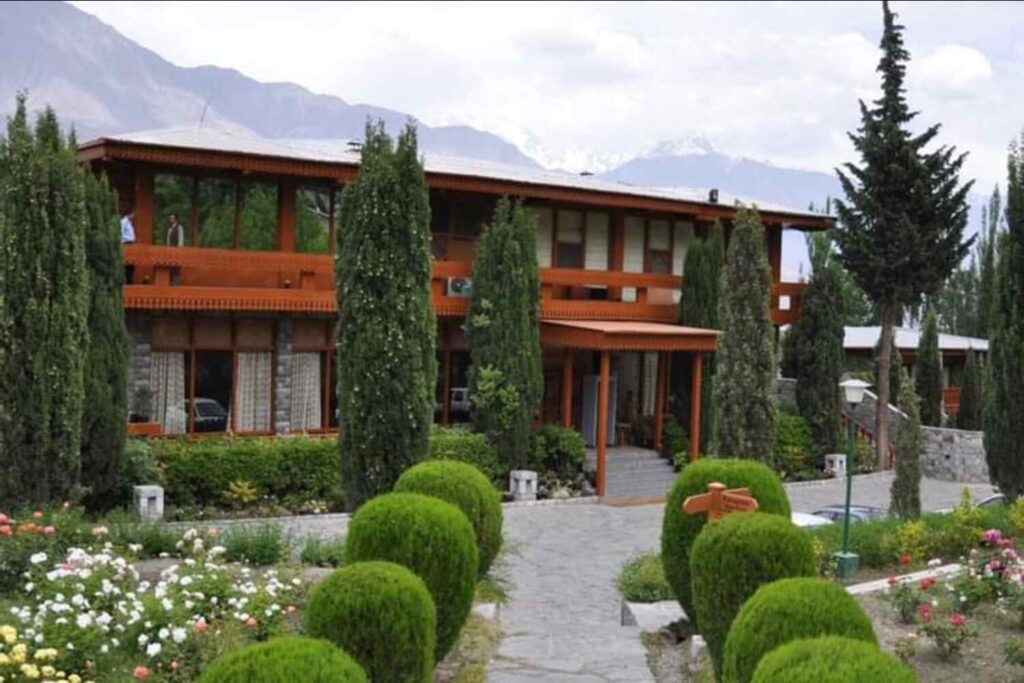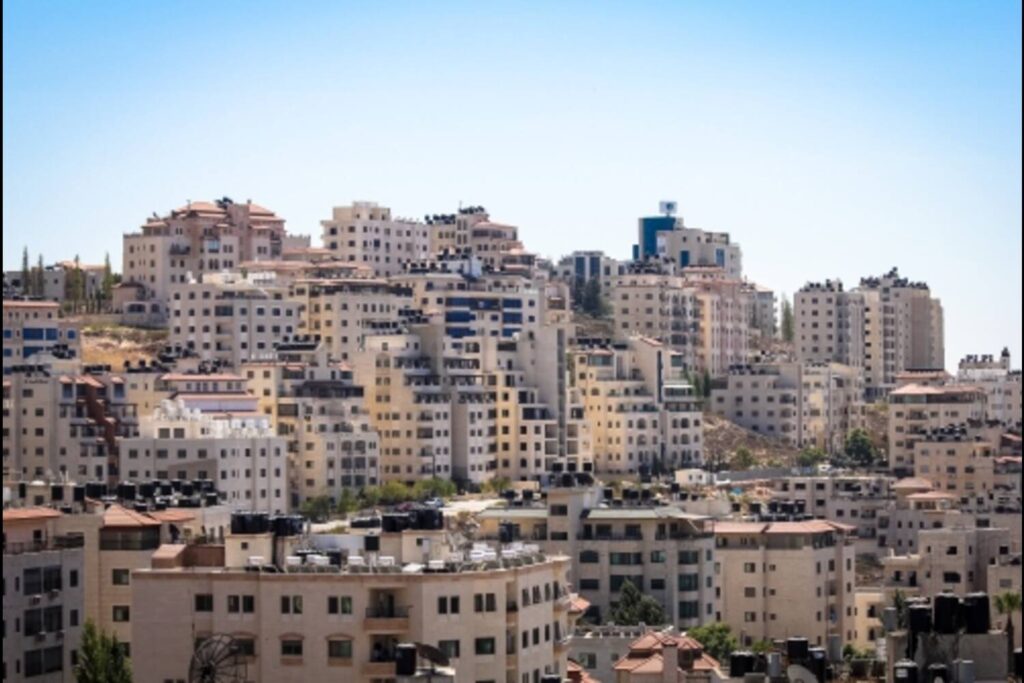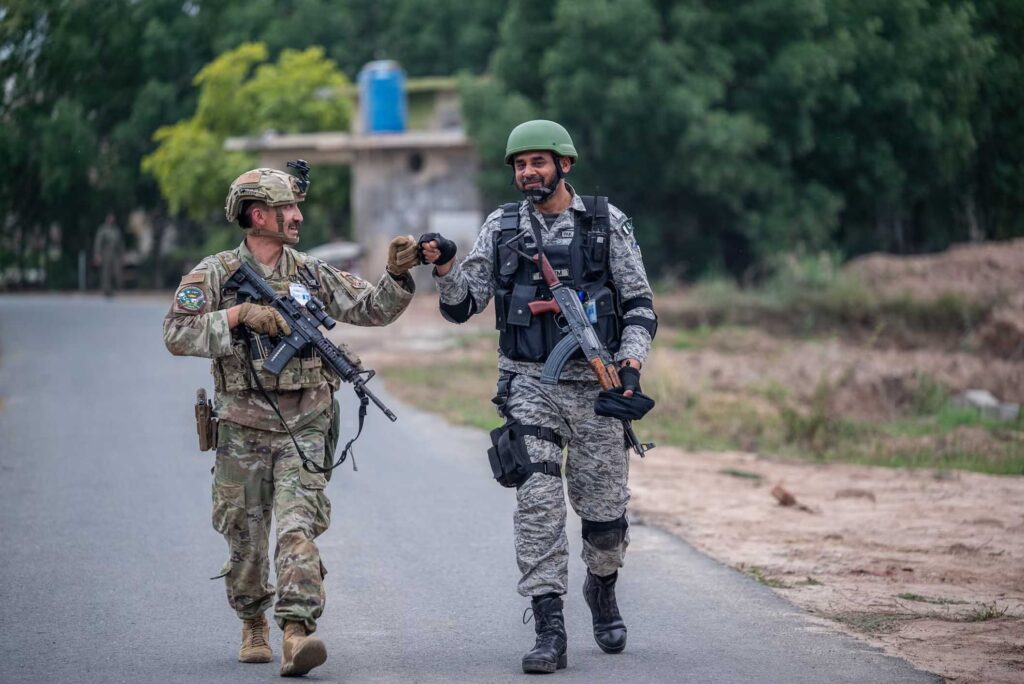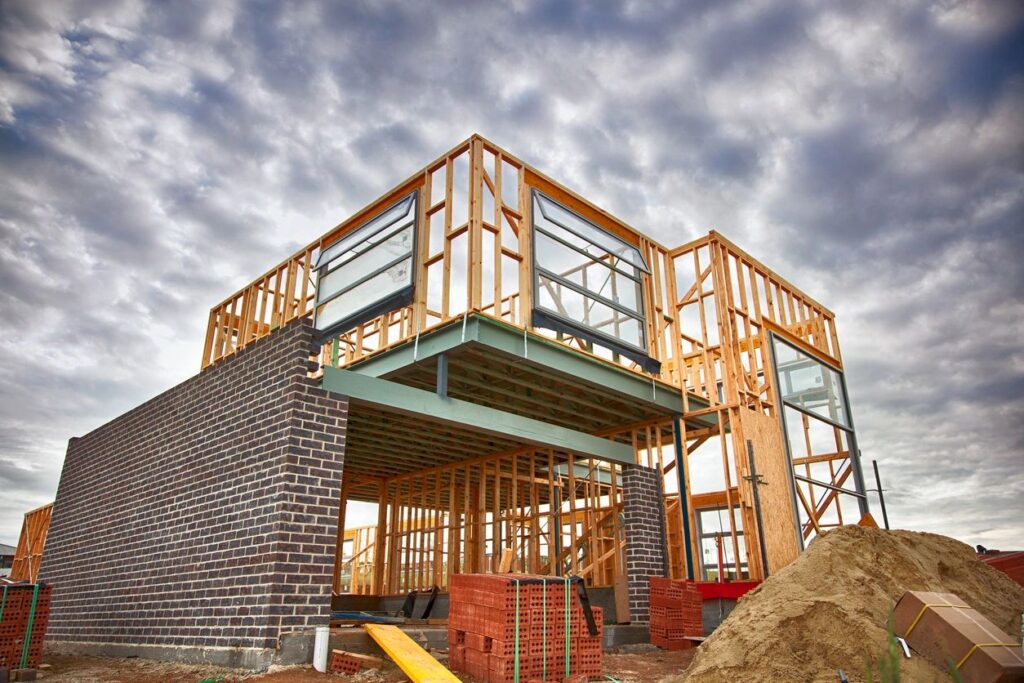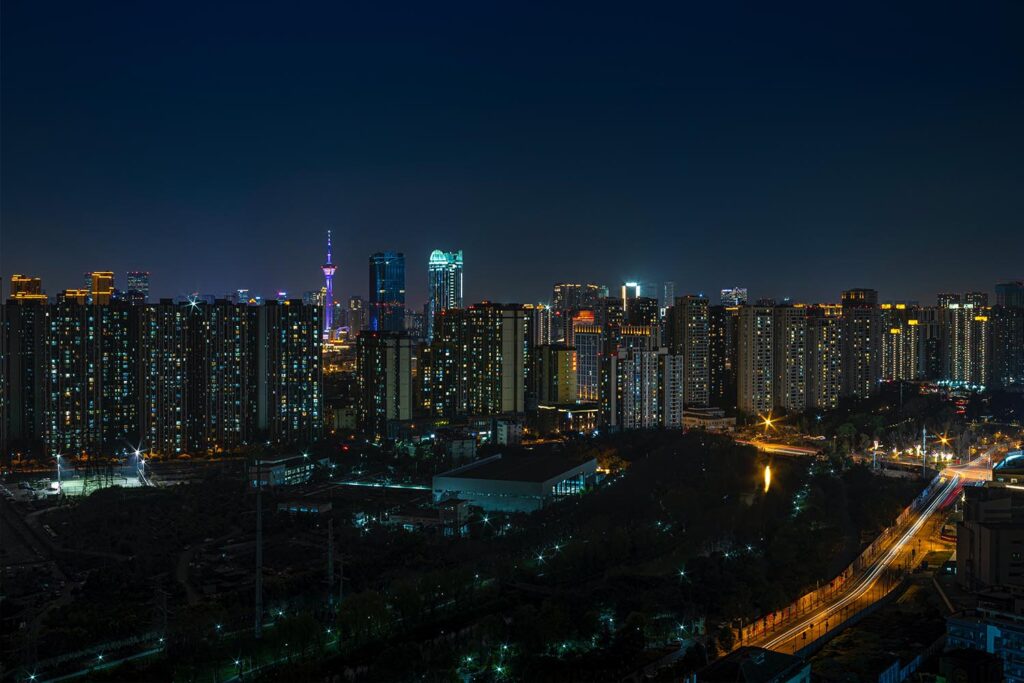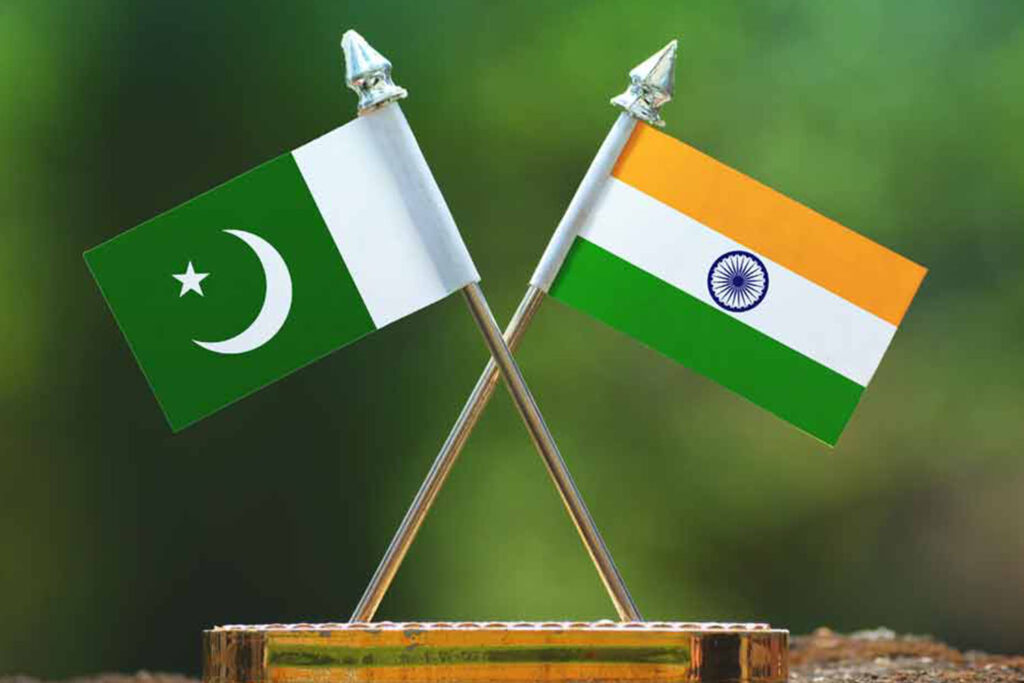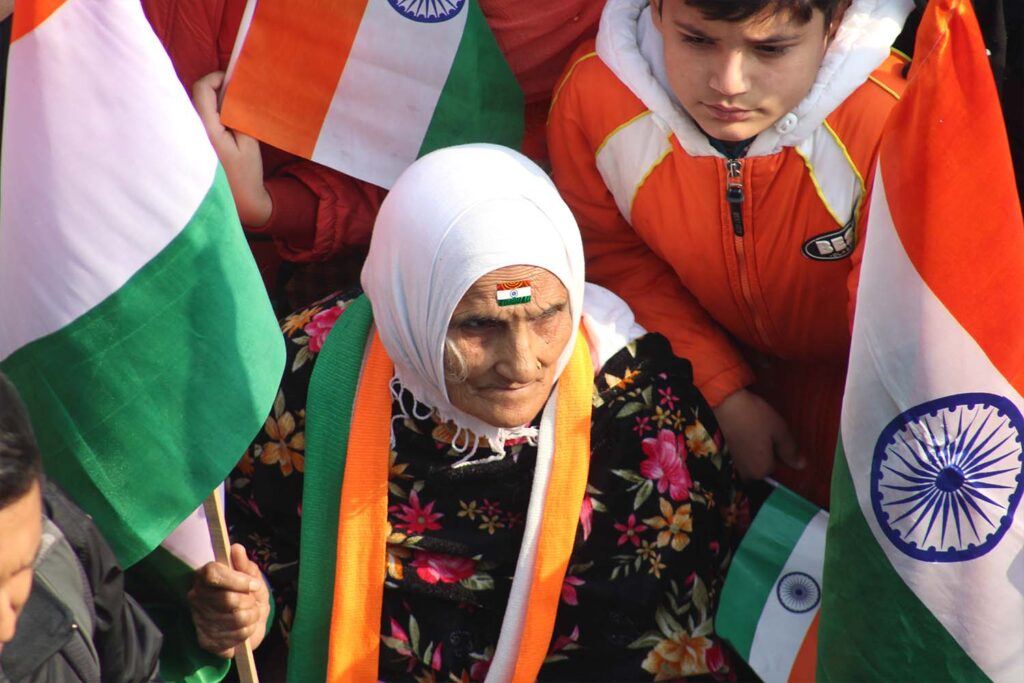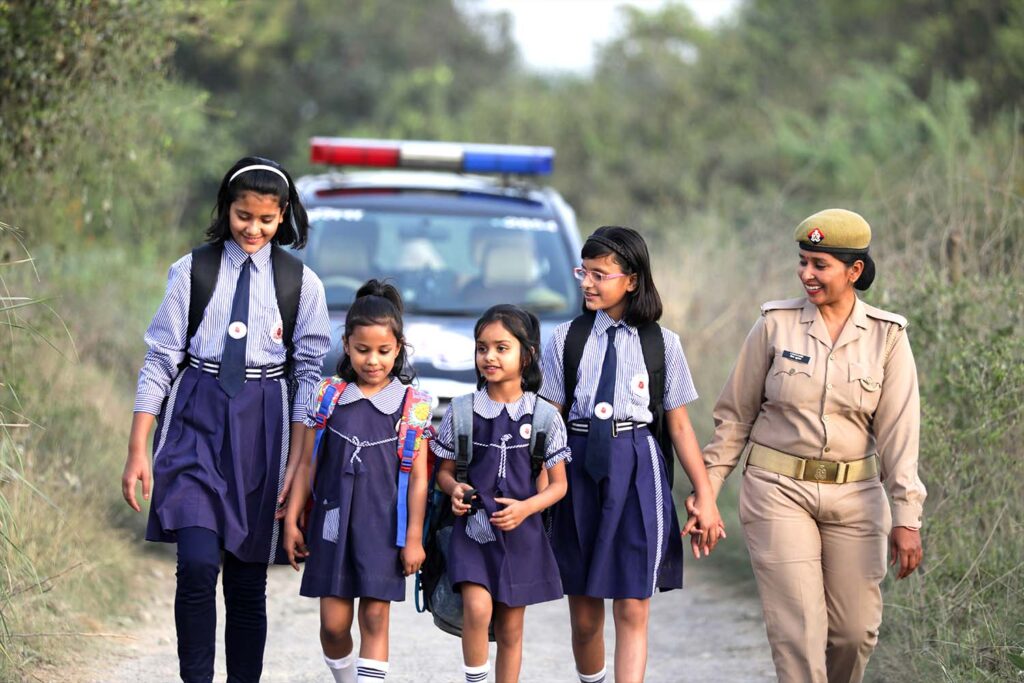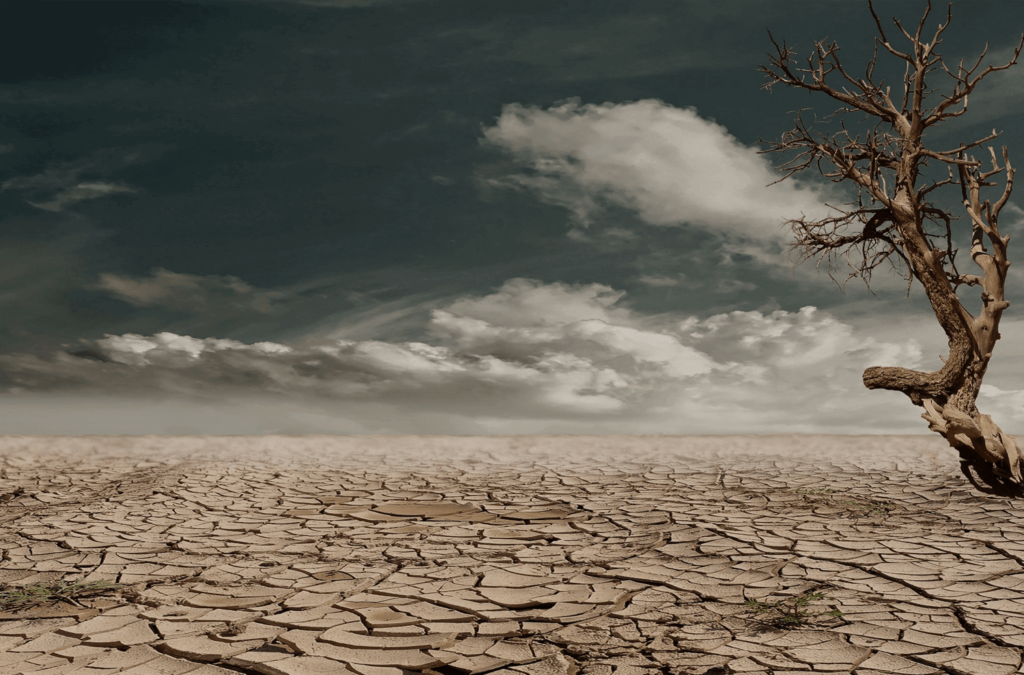Pakistan Grapples with Economic Crisis: HRW’s Report Reveals
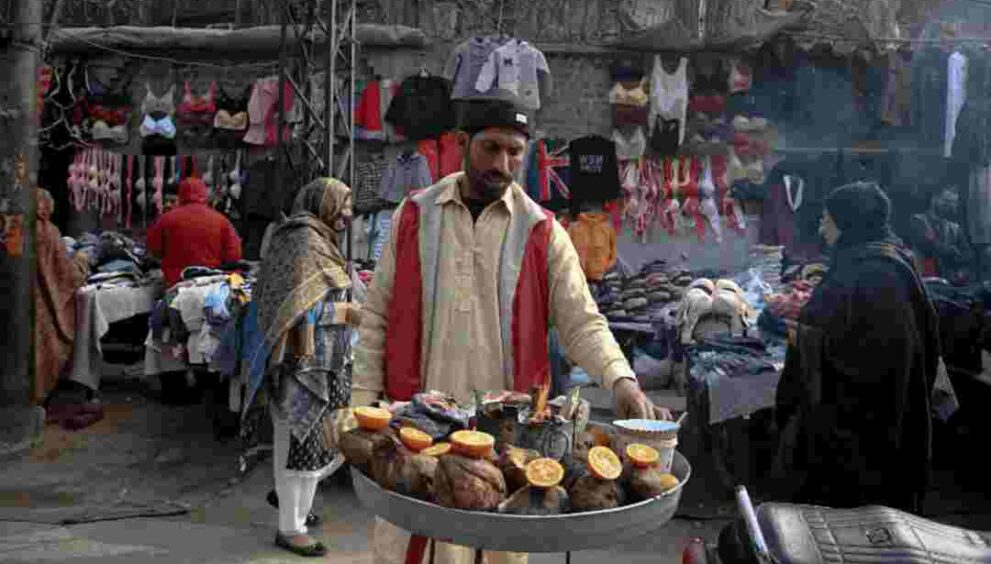
Pakistan faced a severe economic crisis in 2023, leading to a surge in poverty, inflation, and unemployment, putting the rights of millions at risk, as stated in a report by Human Rights Watch.
The 740-page ‘World Report 2024,’ released on Friday, scrutinized human rights practices in over 100 countries. The International Monetary Fund’s insistence on austerity and subsidy removal without adequate compensatory measures exacerbated the challenges faced by low-income groups in Pakistan. The country remained highly susceptible to climate change, experiencing warming rates above the global average, resulting in more frequent and intense climate events, according to the report.
The escalating repression by Asian governments has had detrimental effects on human rights locally and globally, as noted by HRW. Unlike Europe, Africa, and the Americas, Asia lacks a substantive human rights charter or regional institution to protect human rights standards.
The report highlighted government threats and attacks on the media, fostering a climate of fear among journalists and civil society groups, leading to increased self-censorship. Authorities pressured media outlets to avoid criticizing state institutions or the judiciary.
Non-governmental organizations reported intimidation, harassment, and surveillance by government authorities, using INGO regulations to hinder the registration and functioning of international humanitarian and human rights groups.
The report underscored the grave issue of violence against women and girls in Pakistan, encompassing rape, murder, acid attacks, domestic violence, denial of education, sexual harassment at work, and child and forced marriage. Human rights defenders estimated around 1,000 women face “honour killings” annually.
In Punjab alone, 10,365 cases of violence against women were reported in the first four months of 2023, with the actual number likely much higher due to barriers to reporting, social norms, and inadequate police responses. Pakistan’s conviction rate for rape remained below three percent.
Additionally, over six million primary school-age children and 13 million secondary school-age children, primarily girls, were out of school due to various reasons, including a lack of schools, associated costs, child marriage, harmful child labor, and gender discrimination.
The report highlighted a lack of awareness about mental health in Pakistani society, contributing to the abuse of individuals with psychosocial disabilities and mental health conditions. Prisoners seeking mental health support often faced mockery and denial of services, with the prison system lacking mental health professionals. Transgender women, particularly in Khyber Pakhtunkhwa, continued to be targeted.
As of 2018, nearly 37% of Pakistan’s 230 million people faced food insecurity, while only 8.9 million families received assistance to mitigate the impact of rampant inflation.
In July, the European Union proposed extending Pakistan’s Generalized Scheme of Preferences Plus (GSP+) status by another four years, providing trade preferences and access to the European market.
Economic and political ties between Pakistan and China deepened in 2023, with ongoing work on the China-Pakistan Economic Corridor, involving the construction of roads, railways, and energy pipelines. Elaine Pearson, Asia director at HRW, emphasized the need for new approaches from rights-respecting governments and democratic institutions to address the threats posed by abusive governments in Asia to human rights domestically and internationally.

 English
English 